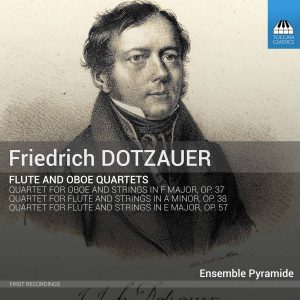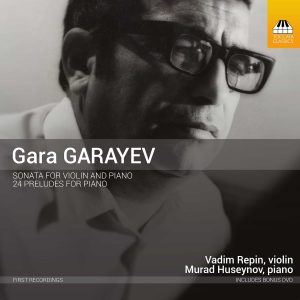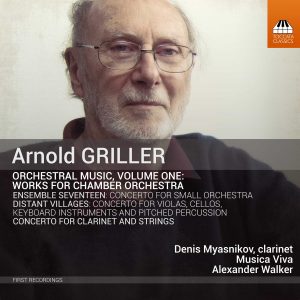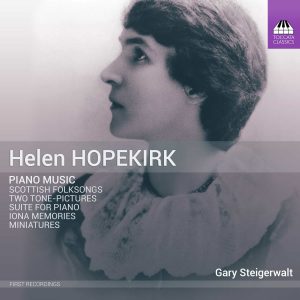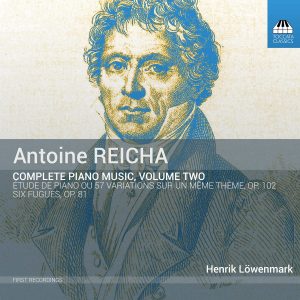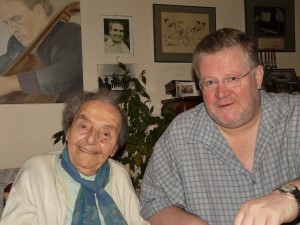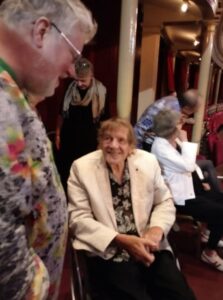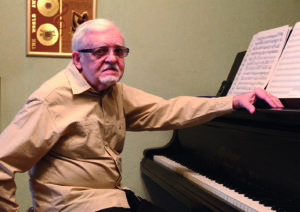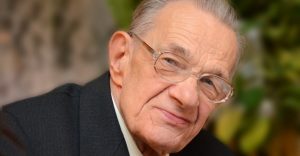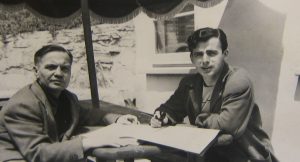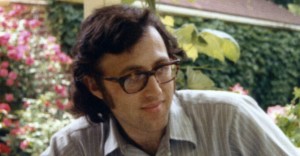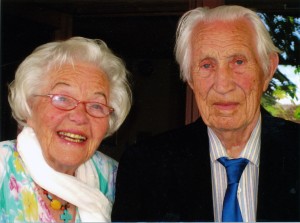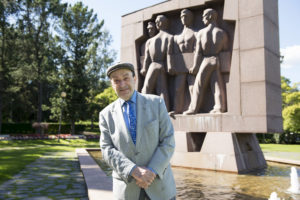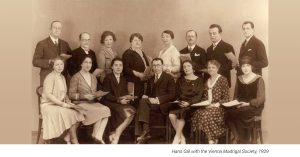Search Results for "obras de william makepeace thackeray" – Page 10
Showing results for operas william magpies teacher
Friedrich Dotzauer: Flute and Oboe Quartets
The cellist-composer Justus Johann Friedrich Dotzauer (1783–1860), an orchestral musician in Dresden and Leipzig as well as an important soloist and teacher, is best remembered for the music he wrote for his own instrument: the studies of his Violoncellschule are still in use today. But the prolific Dotzauer wrote much else, and his generous output of chamber music includes a handful of good-natured quartets for solo wind instruments and strings. They share an elegant late-Classical manner, with echoes of Mozart and Haydn, but their poise and charm can disguise fearsome technical demands and occasional harmonic boldness.
MIT DEUTSCHEM KOMMENTAR
Ensemble Pyramide
Markus Brönnimann, flute (Tracks 1–4)
Barbara Tillmann, oboe (Tracks 5 – 8)
Ulrike Jacoby, violin
Muriel Schweizer, viola
Anita Jehli, cello
Gara Garayev: Sonata for Violin and Piano; 24 Preludes for Piano
Gara Garayev (1918–82) was the leading Azerbaijani composer of the twentieth century, his music fusing the western traditions exemplified by his teacher Shostakovich and the classical and folk heritage of his homeland. The two works recorded here illustrate Garayev’s stylistic range: his Violin Sonata (1960) is Neo-Classical in manner, whereas the 24 Preludes (1951–63) combine influences from the Russian piano school (not least Prokofiev) with elements from Azeri modes and the rhythms of Arabic-Persian lyric poetry.
Vadim Repin, violin, (Tracks 1-4)
Murad Huseynov, piano
Arnold Griller: Orchestral Music, Volume One
The composer Arnold Griller (b. 1937), son of the violinist Sidney Griller, grew up in London, surrounded by some of the world’s best-known musicians. In spite of this propitious beginning to his career, his considerable output remains largely unknown. This first volume of orchestral pieces presents three of his major works – music that turns out to be highly individual, often moving unexpectedly between moods of excitement and drive, wry humour and deep emotion. His influences and interests range widely, from Domenico Scarlatti to such twentieth-century masters as Milhaud (his main teacher) and Stravinsky, and on to composers of today. Melodic lyricism, rhythmic intensity, textural clarity and contrapuntal complexity combine with a generosity of musical ideas to produce a unique style and voice.
Denis Myasnikov, clarinet (Tracks 2 – 4)
Musica Viva
Alexander Walker, conductor
Helen Hopekirk: Piano Music
The Scottish musician Helen Hopekirk (1856–1945), regarded as one of the major concert pianists of her generation, also made a lasting contribution as a piano teacher in Boston after her emigration in 1897. As a composer, she forged an intriguing path by turning to the music of her native country as the wellspring of her creativity: the early pieces can sound like Brahms in the Highlands, and her later works marry Debussyan Impressionism with Hebridean folk-music, to evocative, touching and exhilarating effect.
Gary Steigerwalt, piano
Antoine Reicha: Complete Piano Music, Volume Two
The piano works of the Czech-born composer Antoine Reicha (1770–1836) – friend of Haydn and Beethoven, teacher of Berlioz, Liszt and Franck – is one of the best-kept secrets in music. He was an important influence on composers of the next generation, but apart from an innovative set of fugues his piano works have remained almost unknown since his own day. Encompassing Baroque practices as well as looking forward to the twentieth century, they are full of harmonic and other surprises that show this liveliest of minds at work. The massive variation-set on a French gavotte recorded here for the first time reveals a composer who tempers his learning with a vivid sense of humour.
Henrik Löwenmark, piano
Kate Loder: Piano Music
Kate Loder (1825–1904) – a child-prodigy pianist from a family of musicians in Bath, in south-west England – was one of the first students at the Royal Academy of Music in London and one of Britain’s brightest young virtuosi. But Victorian prejudice thwarted a promising career: her well-to-do husband would not allow her to perform in public and so, as Lady Thomson, she became an important teacher and society hostess – and she continued to compose, including two sets of virtuoso studies that sit downstream from Chopin and Schubert.
Ian Hobson, piano
Remembering Alice Herz-Sommer
News has come through of the death this morning, 23 February 2014, of Alice Herz-Sommer, at the age of 110. Alice had become an icon,…
A Conversation with Per Nørgård
The death of Per Nørgård on 28 May 2025, at a grand old 92, sent me to my ‘article bank’, to look over my writings…
Obit Nikolai Kapustin
The news of the death of Nikolai Kapustin – on 2 July 2020, at the age of 82 – has sent me scurrying to my…
Tadeusz Majerski Remembered: An Interview With Andrzej Nikodemowicz
A December release from Toccata Classics (TOCC0344) presents the first-ever recording of works by the Polish composer Tadeusz Majerski (1888–1963), whose music incorporates elements of…
A Selfie With Napoleon: Some Even More Modest Memories and ‘Previntable’ Mistakes on my Antheil Trail
Reading Martin Anderson’s ‘modest memories’ of André Previn brought to mind that, during my millennial research on George Antheil (bearing fruit, among other places, in…
Svetik, My Hair and I
My contribution to Svetik – the opening section, ‘Three Sisters’ – deals with Sviatoslav Richter’s relationship to his mother and her sister (Dagmar von Reincke,…
Leif Solberg Dies at 101
The death of the Norwegian composer, organist and choirmaster Leif Solberg – in Lillehammer, during the evening of 25 January – has just been announced.…
Noah Max in Conversation with Martin Anderson
In March 2022 Toccata Classics released an album of music by Noah Max (b. 1998) – painter, poet and conductor as well as composer. Since…
Too Many Symphonies? — Part two: Fridrich Bruk
Having traversed the symphonies of Robert Keeley in Part One of this brief survey (Too Many Symphonies – Part One – posted on 9 March…
Songs of Love, Sorrow and Satire (And Not Forgetting the Baboon!): Recording Hans Gál’s Music for Voices
One of the proudest, happiest and most surreal moments in my singing career to date has been uttering the final notes of a choral concert…
Stay In the Know
JOIN THE TOCCATA NEWSLETTER
"*" indicates required fields
By visiting our site, you agree to our privacy policy regarding cookies, tracking statistics, etc.
